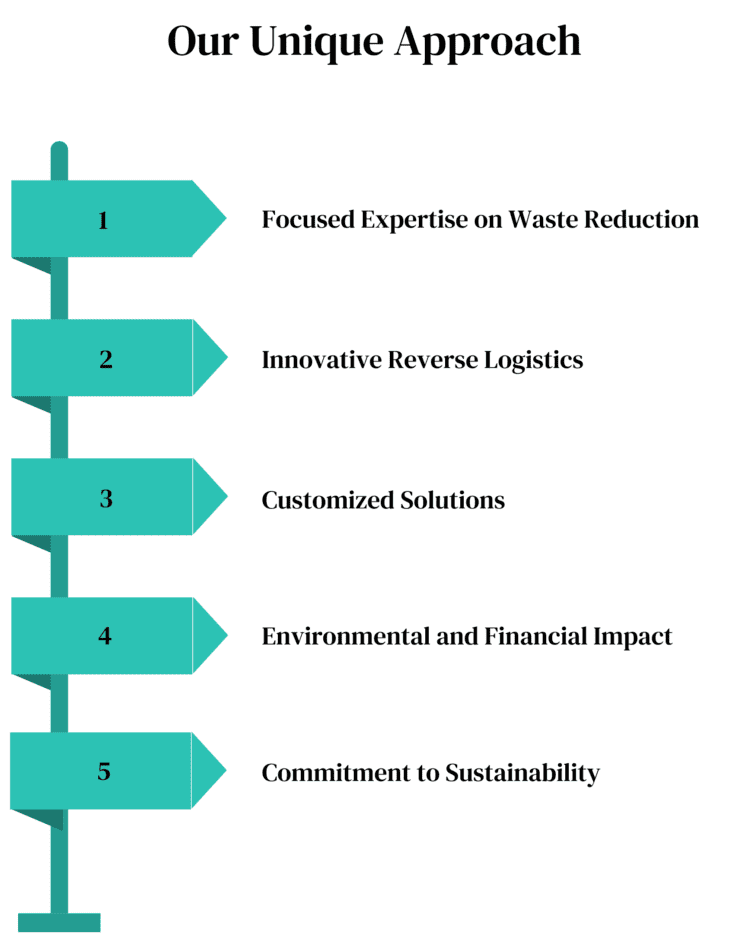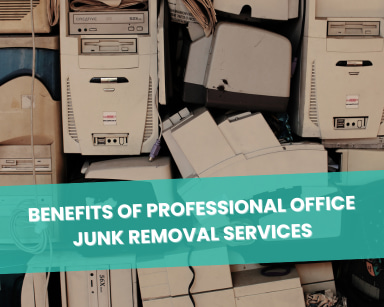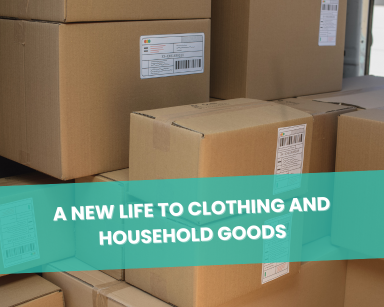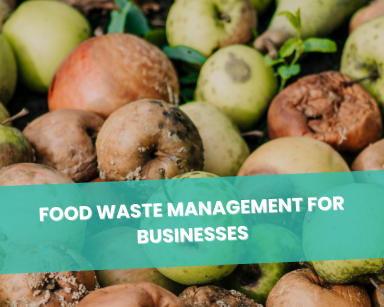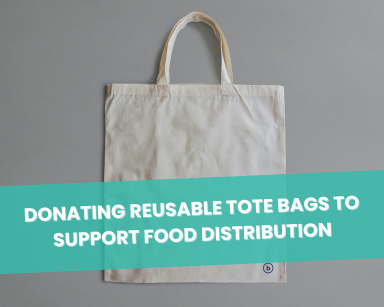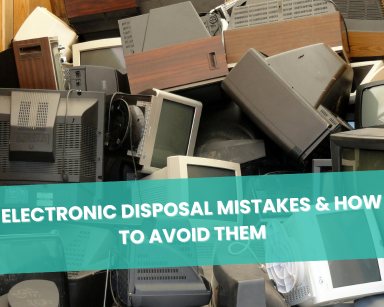A Smart Step-By-Step Guide To A Sustainable Supply Chain
Every product you purchase has a story of positive impact, where each item in your shopping cart contributes to a healthier planet. This is not a distant dream but a rapidly unfolding reality in the realm of sustainable supply chain. As we delve into 2023, the urgency for sustainable practices in supply chain management has never been more pronounced.
Recent research, such as the State of Supply Chain Sustainability 2023 report by the MIT Center for Transportation & Logistics and the Council of Supply Chain Management Professionals (CSCMP), highlights a significant trend: despite facing major disruptions such as the Covid-19 pandemic and geopolitical events, companies are increasingly committing to sustainable supply chain practices[1].
These innovations are not just enhancing efficiency, they’re reshaping the very fabric of global commerce, making sustainability a cornerstone of modern business operations.
Happen Ventures is at the heart of this transformation, championing a future where supply chains are not just efficient but ethically and environmentally responsible.
Table of Contents
What is a Sustainable Supply Chain? Unveiling Green Paths
What is supply chain sustainability? A sustainable supply chain is one that integrates environmental and social responsibility into every stage of its process. It’s a system that not only meets the current needs of consumers and businesses but does so without compromising the ability of future generations to meet their own needs.
As per the latest research by Emerald Insight, sustainable supply chains in 2023 are increasingly leveraging Industry 4.0 technologies and optimization techniques to achieve these goals. This approach ensures that every link in the supply chain, from raw material sourcing to product delivery, contributes positively to our planet and its inhabitants.
What are the Characteristics of a Sustainable Supply Chain?
Sustainable supply chains are not just about reducing carbon footprints or recycling, they represent a holistic approach to business that balances profitability with environmental and social responsibility.
As we step into 2023, the characteristics of sustainable supply chains have evolved, reflecting the latest trends and best practices in the industry. Here are some key characteristics presented that define a truly sustainable supply chain:
Ethical Sourcing:
- Partnerships with suppliers who adhere to ethical labor practices.
- Prioritizing raw materials that are sourced responsibly and sustainably.
Resource Efficiency and Waste Reduction:
- Implementing processes that minimize waste at every stage.
- Utilizing materials and resources in the most efficient way possible.
Carbon Footprint Minimization:
- Actively working to reduce greenhouse gas emissions.
- Employing renewable energy sources and optimizing logistics to lower carbon output.
Transparency and Traceability:
- Providing clear visibility into the supply chain operations.
- Implementing systems that allow tracking of products from origin to end-user.
Circular Economy Principles:
- Designing products with end-of-life recycling in mind.
- Encouraging the reuse and repurposing of products and materials.
Adaptability and Resilience:
- Being able to quickly respond to market changes and disruptions.
- Building a supply chain that is robust against various risks and uncertainties.
Stakeholder Engagement and Collaboration:
- Working closely with all stakeholders, including suppliers, customers, and local communities.
- Encouraging feedback and dialogue to continuously improve sustainability practices.
Regulatory Compliance and Beyond:
- Adhering to all relevant environmental and social regulations.
- Striving to exceed legal requirements and set higher internal standards.
Social Responsibility:
- Ensuring fair labor practices and supporting community development.
- Promoting diversity, equity, and inclusion within the supply chain.
Continuous Improvement and Innovation:
- Regularly assessing and improving supply chain sustainability practices.
- Investing in new technologies and approaches to enhance sustainability.
Integration of Sustainability in Corporate Strategy:
- Making sustainability a core part of the business strategy.
- Aligning sustainability goals with overall business objectives.
Consumer Engagement and Education:
- Educating consumers about sustainability efforts and benefits.
- Encouraging responsible consumption patterns among customers.
These characteristics are not just aspirational goals but are increasingly becoming the benchmarks for modern, forward-thinking businesses.
What are the Principles of Sustainable Supply Chain? Core Ideals
A sustainable supply chain is built on a foundation of principles that address environmental stewardship, social equity, and economic viability. The 2023 MIT report sheds light on the increasing pressures supply chain professionals face to improve their firms’ sustainability profiles.
These pressures come from diverse sources, including investors, governments, corporate buyers, and even consumers, emphasizing the multifaceted nature of sustainability drives.
Collaboration across supply chains, particularly in reducing Scope 3 emissions, has been highlighted as a key area of focus. This collaborative effort is essential in navigating the complexities of modern supply chains and ensuring that sustainability efforts are comprehensive and effective[1].
What is an Example of a Sustainable Supply Chain?
There are many supply chain sustainability examples but a prime example of a sustainable supply chain in action is Patagonia, a leader in environmental and ethical responsibility. Their approach showcases how sustainability can be deeply integrated into business operations:
- Ethical Sourcing: Patagonia uses organic cotton and recycled materials, reducing environmental impact and supporting sustainable farming practices.
- Fair Labor Practices: The company ensures fair wages and safe working conditions across its supply chain, reflecting its commitment to social responsibility.
- Carbon Footprint Reduction: Patagonia invests in renewable energy and strives to minimize emissions in production and distribution.
- Transparency: They offer detailed insights into their supply chain, allowing customers to trace product origins and understand environmental impacts.
- Circular Economy: Through their Worn Wear program, Patagonia promotes product repair, reuse, and recycling, extending the lifecycle of their products and reducing waste.
- Consumer Engagement: The brand educates its customers on environmental issues and advocates for sustainable consumer behavior and policy changes.
Patagonia’s sustainablility supply chain not only minimizes environmental harm but also sets a standard for industry practices, proving that ethical and sustainable operations can coexist with business success.
This example illustrates the practical application of sustainability principles in a real-world context, offering a model for other businesses to follow.
Three Pillars of Sustainability in Supply Chains: A Close Look
The three pillars of sustainability – environmental, social, and economic – are the foundation of any sustainable supply chain. In 2023, these pillars are more relevant than ever.
According to a report by SupplyChainBrain, tracking and understanding these pillars in the context of supply chain sustainability is crucial for businesses.
This involves adopting practices that reduce environmental impact, improve social welfare, and create economic value in a balanced and integrated manner.
What are the Elements of a Sustainable Supply Chain?
The elements of a sustainable supply chain include responsible sourcing, efficient logistics, waste reduction, and ethical labor practices. These elements work together to create a supply chain that is not only environmentally friendly but also socially responsible and economically viable.
How is Sustainability Important in Supply Chain? The Impact Explored
The importance of sustainability in supply chain cannot be overstated. In a world grappling with climate change and social inequalities, sustainable supply chains offer a path to mitigate these challenges.
Forbes, in their 2023 supply chain predictions, emphasizes the growing expectations for resiliency and sustainability in the supply chain.
This shift is not just about being environmentally friendly, it’s about building supply chains that are resilient, adaptable, and capable of thriving in a rapidly changing world.
Top 10 Sustainable Supply Chain Consultancies: Leading the Way
In 2023, several consultancies are making significant strides in promoting sustainable supply chain practices. These consultancies, as identified by leading industry sources, offer expertise in areas such as carbon footprint reduction, ethical sourcing, and supply chain optimization.
Here’s a list of the top 10 sustainable supply chain consultancies, each contributing uniquely to this vital field.
- Deloitte Sustainability Services: Known for their comprehensive approach, Deloitte offers strategies that encompass environmental, social, and governance (ESG) aspects of sustainability.
- PwC’s Sustainable Business Solutions: PwC helps companies integrate sustainability into their business strategy, focusing on long-term value creation.
- EY Climate Change and Sustainability Services: EY provides tailored solutions to help businesses address climate change risks and opportunities in their supply chain.
- KPMG’s Sustainable Procurement Practice: KPMG assists organizations in developing sustainable procurement strategies that align with their business goals.
- Accenture Sustainability Services: Accenture offers innovative solutions, leveraging digital technologies to drive sustainable supply chain transformations.
- McKinsey Sustainability: McKinsey combines deep industry knowledge with sustainability expertise to help clients build resilient and responsible supply chains.
- BCG’s Center for Climate & Sustainability: BCG focuses on helping businesses achieve competitive advantage through climate and sustainability initiatives.
- Capgemini Invent: They provide digital solutions to drive sustainability across the supply chain, from sourcing to end-of-life product management.
- Bain & Company’s Sustainability & Corporate Responsibility Practice: Bain offers insights and strategies to help companies achieve their sustainability goals while maintaining profitability.
- SAP Sustainability Services: SAP delivers technology-driven solutions to manage and improve sustainability performance across the supply chain.
Happen Ventures: A Unique Solution in Sustainable Supply Chain Consulting
While the above consultancies offer remarkable services, Happen Ventures stands out with its unique approach to tackling the specific challenge of waste reduction in supply chains. Here’s how Happen Ventures differentiates itself:
- Happen Ventures specializes in reducing waste, particularly unsellable inventory, a critical and often overlooked aspect of supply chain sustainability.
- They excel in managing reverse logistics, a key area in e-commerce and physical retail that deals with returns and unsold inventory.
- Happen Ventures offers tailored solutions that fit the unique needs of retailers and manufacturers, ensuring more effective waste management strategies.
- By finding new homes for unsellable inventory, Happen Ventures not only reduces environmental harm but also turns potential losses into gains for businesses.
- Their approach aligns with broader sustainability goals, helping clients meet regulatory requirements and consumer expectations for responsible practices.
While many consultancies offer valuable services in sustainable supply chain management, Happen Ventures brings a specialized focus on waste reduction and reverse logistics.
This unique positioning makes them an ideal partner for businesses looking to tackle these specific challenges effectively, contributing to a more sustainable and profitable future.
What is Sustainable Supply Chain Financing? Unpacking the Term
Sustainable supply chain financing refers to financial practices that support and incentivize sustainable operations within the supply chain.
This concept, as outlined by the Global Partner Solutions guide to supply chain sustainability in 2023, involves integrating environmental, social, and governance (ESG) criteria into financial decisions.
This approach ensures that investments and financial activities support broader sustainability goals, creating a positive impact across the supply chain.
What is ESG in Supply Chain Finance?
ESG in sustainable supply chain finance refers to the consideration of environmental, social, and governance factors in financial decision-making.
This approach ensures that financial investments and activities align with sustainable and ethical practices, promoting a more responsible and sustainable supply chain.
What is Sustainable Logistics and Supply Chain Management? A Deep Dive
Sustainable logistics and supply chain management in 2023 are about much more than just reducing emissions or recycling materials. It’s about rethinking how goods are transported, stored, and delivered in a way that minimizes environmental impact while maximizing efficiency.
This approach, as highlighted by the ASCM’s top supply chain trends in 2023, involves leveraging the power of big data and automation to create more resilient and sustainable logistics operations.
What are the 4 A’s of Sustainable Logistics?
The 4 A’s of sustainable logistics are Agility, Adaptability, Alignment, and Awareness. These principles guide companies in developing logistics strategies that are flexible, responsive to changes, aligned with sustainability goals, and aware of the broader impacts of their operations.
How do you Make a Supply Chain Sustainable? Key Strategies
Making a supply chain sustainable involves a comprehensive approach that includes adopting renewable energy sources, optimizing transportation routes, and implementing waste reduction practices. In 2023, this also means embracing digital transformation to gain better visibility and control over the supply chain.
Companies can create supply chains that are eco-friendly, cost-effective, and socially responsible by embracing modern technologies and sustainable methods.
How Can You Sustain Effective Supply Chain Management?
To sustain effective supply chain management, companies need to continuously monitor and improve their operations.
This involves adopting a data-driven approach, engaging with stakeholders, and being proactive in addressing sustainability challenges.
By doing so, companies can ensure that their supply chains remain resilient, efficient, and aligned with sustainability goals.
Conclusion
As we navigate through 2023, the journey towards sustainable supply chains is more critical than ever. Happen Ventures is pioneering ethical and environmentally sustainable supply chains, proving efficiency can coexist with sustainability. Embracing these principles, we can forge a future where each supply chain element promotes a healthier and sustainable world.
References:
[1] MIT Center for Transportation & Logistics and the Council of Supply Chain Management Professionals (CSCMP). (2023). “State of Supply Chain Sustainability 2023.”

